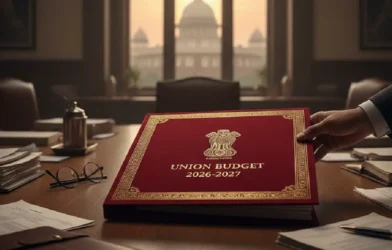Subtotal ₹0.00
The Delhi High Court has clarified that grandchildren have no automatic right to inherit their grandparents’ property during their parents’ lifetime. In a recent ruling, the court emphasised that under the Hindu Succession Act, 1956, inheritance devolves strictly on Class 1 heirs—which include the deceased’s spouse, children, and mother—while grandchildren can claim a share only if their parent (the direct heir) is no longer alive.
Legal experts emphasised that grandchildren seeking partition must recognise they have no legal claim to their grandparents’ property during their parents’ lifetime, unless specific conditions regarding the creation of joint family property are met and properly demonstrated.
The case concerned a woman who filed a civil suit seeking a declaration of her share in a West Delhi property owned by her late grandfather. The court clarified that, under the Hindu Succession Act, 1956, the property of a deceased Hindu devolves upon Class 1 heirs, which include the deceased’s widow, sons, daughters, and mother but not grandchildren whose parents are alive.
The woman had filed the suit against her father and aunt, seeking partition and a declaration that she was entitled to one-fourth of her father’s half share in the property. She contended that the property was ancestral and therefore exempt from the provisions of Section 8 of the HSA.
A bench of justice Purushaindra Kumar Kaurav held that the share inherited from parents constitutes an individual’s absolute property. The court delivered the verdict on Tuesday, dealing with a man’s petition seeking rejection of a suit filed by his daughter, claiming share of the property he has inherited from his father, a report published in the Hindustan Times newspaper said.
The woman’s grandfather, who owned a property in southwest Delhi’s Janakpuri, passed away without leaving a will in 1994. He was survived by his widow, a son, and a daughter. Following the death of the grandmother in 2023, the woman initiated a partition suit concerning the grandfather’s property, naming her father and paternal aunt as parties.
In his petition, the woman’s father, represented by advocate Vineet Jindal, asserted that the share in the suit property devolved solely on him and his sister under Section 8 of the Hindu Succession Act, and his daughter was not entitled to any share. To be sure, as per section 8, if a male Hindu dies without a will, his property devolves on his heirs to the exclusion of all other persons, the report said.














